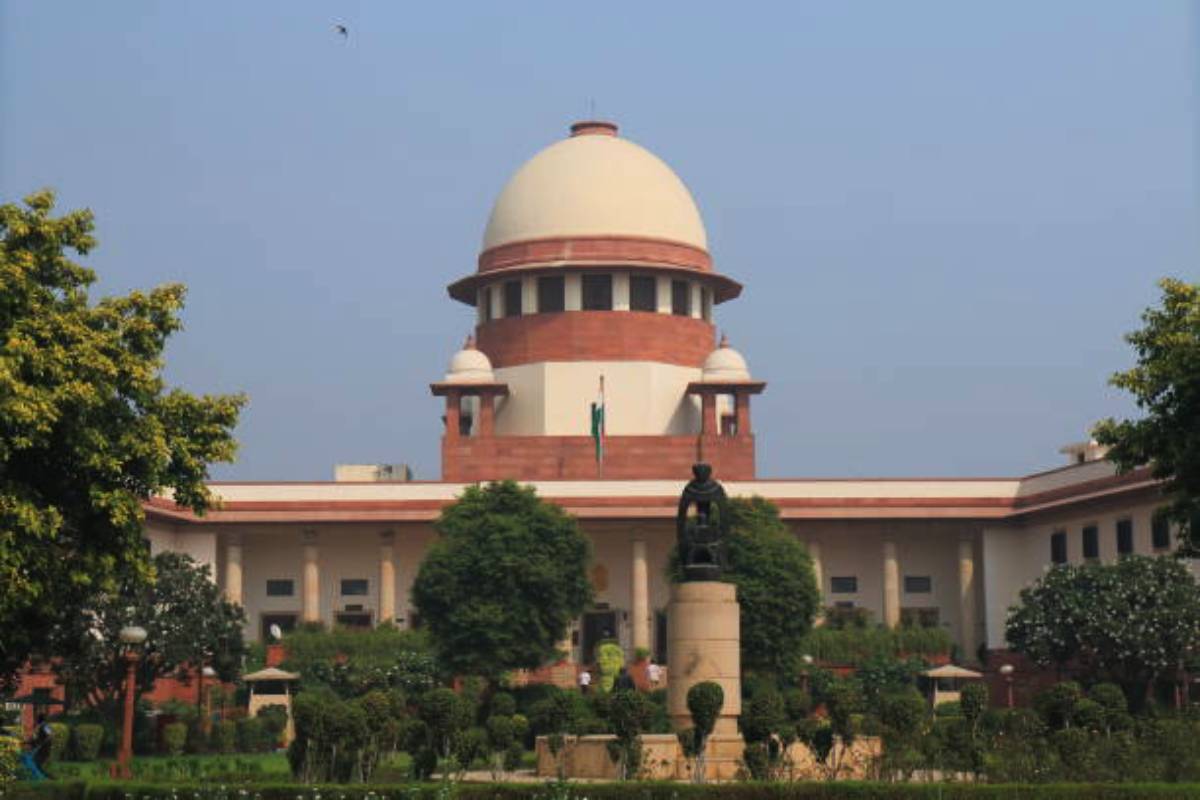Supreme Court rejects 100 per cent cross verification of EVM votes with VVPAT slips
The top court also rejected the prayers of petitioners to return to ballot paper voting system, calling it foible and unsound.
In the wake of the Election Commission’s announcement of the dates for the upcoming general elections in India, the decision by the Supreme Court not to intervene in the appointment of new election commissioners under the 2023 law warrants careful consideration.

Representational Image
In the wake of the Election Commission’s announcement of the dates for the upcoming general elections in India, the decision by the Supreme Court not to intervene in the appointment of new election commissioners under the 2023 law warrants careful consideration. While the timing of the election announcement may be dictated by constitutional obligations with elections required to be completed by May, it is crucial to reflect on the implications of the court’s stance on the integrity of the electoral process.
The Supreme Court’s refusal to stay the appointment of new election commissioners, despite concerns raised by petitioners regarding the exclusion of the Chief Justice of India from the selection process, raises important questions about the separation of powers and institutional autonomy. While the court cited its reluctance to stay a law through interim orders as the rationale behind its decision, the broader implications for the independence of electoral institutions cannot be overlooked. In a democracy, the judiciary plays a pivotal role in upholding constitutional values and ensuring adherence to due process. By abstaining from intervening in a matter of such significance, the court risks sending a message of acquiescence to executive action.
However, it is essential to acknowledge the complexities inherent in the judicial process and the need to balance competing interests. The Supreme Court bench headed by Justice Sanjiv Khanna, and comprising Justices Dipankar Datta, and Augustine George Masih, undoubtedly deliberated extensively on the legal merits of the case before arriving at its decision. While some may view the court’s stance as a missed opportunity to assert its authority in safeguarding institutional integrity, others may interpret it as a demonstration of judicial restraint and deference to legislative prerogative. Moreover, the appointment of new election commissioners by a panel chaired by the Prime Minister underscores the broader issue of executive dominance in key decision-making processes. While proponents argue that such arrangements enhance efficiency and streamline governance, critics contend that they undermine the checks and balances essential to a vibrant democracy.
Advertisement
The absence of the Chief Justice of India from the selection process further exacerbates concerns regarding the politicisation of crucial institutions and the potential for partisan influence. The panel appointed former Indian Administrative Service (IAS) officers Gyanesh Kumar and Sukhbir Sandhu to fill the vacancies in the Election Commission following the retirement of Anup Chandra Pandey and the sudden resignation of Arun Goel. In navigating these complexities, it is imperative that all stakeholders reaffirm their commitment to upholding the principles of transparency, accountability, and impartiality.
The credibility of the electoral process hinges on the unwavering adherence to these principles, regardless of political expediency or institutional constraints. As India prepares for yet another electoral exercise, it is incumbent upon all actors, be it the judiciary, the executive, or civil society, to uphold the sanctity of democracy and the rule of law. Only through collective vigilance and steadfast commitment can we ensure that the democratic ethos remains the cornerstone of our nation’s governance.
Advertisement